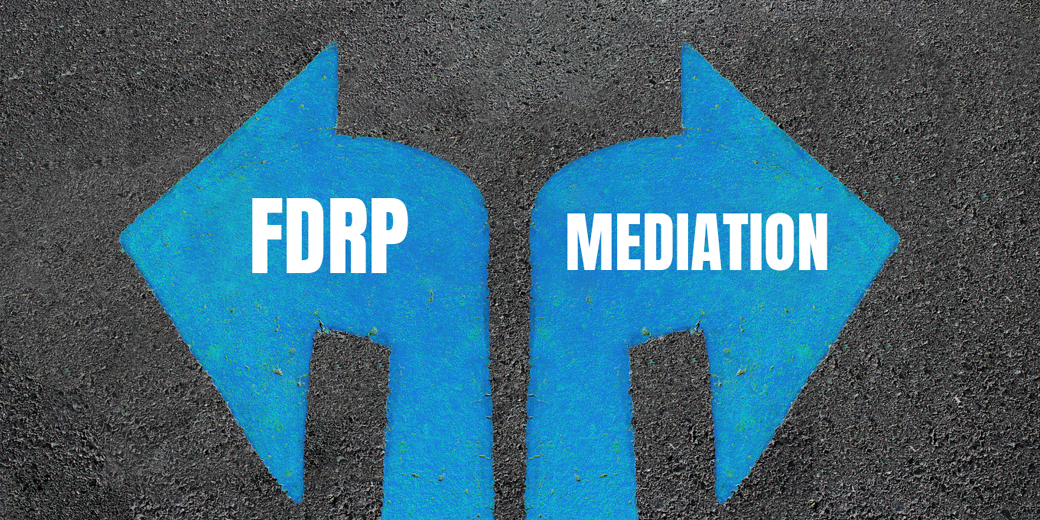UPSKILL WITHOUT A LAW DEGREE
Not a lawyer? No worries. We offer courses that focus on building your skills as a professional – even if you don’t have a legal background. With flexible learning options to fit your schedule, you can choose to work and study at the same time.
Latest
Results 0
EXPLORE OUR COURSES
No matter your profession – we have a range of courses that will further develop skills you can bring to work every day.
CHOOSE A SHORT COURSE BY CAREER OUTCOME
PROGRAM OPTIONS - MEDIATOR TRAINING
Are you looking to enhance your qualifications with mediation skills or ready to step up as a Nationally Accredited Mediator? Our comprehensive training program and assessment offers you a path to national accreditation, combining convenience, practical experience, and expert instruction.
The College of Law is a registered training provider of mediator training programs, compliant with the National Mediation Accreditation System / Australian Mediator and Dispute Resolution Accreditation Standards (AMDRAS).
Nationally Accredited Mediator Training Program
For professionals seeking NMAS/AMDRAS accreditation and those looking to enhance their mediation expertise
None
Interactive (includes role play and practice)
5-day workshop
Live online
$2,990
10
National Meditation Assessment
Complete the National Mediation Assessment to become an accredited mediator under the AMDRAS framework
Completion of the Nationally Accredited Mediator Training Program
Interactive (Mediation theory and review)
1.5-day workshop
Live online
$1,200
9
Graduate Diploma of Family Dispute Resolution Practice
Become an accredited Family Dispute Resolution Practitioner (FDRP) and help families manage relationship changes, parenting arrangements, and living circumstances
Either a Bachelor’s degree in a related field, an NMAS/AMDRAS qualification or experience in a relevant field
Online (Theoretical coursework, interactive workshops and practical simulations)
7 months
Online + Interactive workshops
$3,950 (Fee-help options available)
10
Latest

Bianca is a highly experienced mediator, facilitator, conflict management coach and educator.
Bianca Keys, Bianca Keys Dispute Resolution Consulting, Coach and Facilitator

Mediation is used as an alternative to litigation in various contexts, including workplace conflicts, business disagreements and civil disputes.
Linda Kochanski, LLB, Nationally Accredited Mediator (NMAS) and FDRP, Coach and Facilitator
WHO CAN BENEFIT FROM OUR COURSES
WHAT OUR GRADUATES HAVE TO SAY

Program was delivered clearly in a well-structured way and the teachers and coaches were very good at sharing their experiences.
Mediator Training Graduate

A fabulously intensive and involved course. Learnt so very much and it will not only make me a better lawyer but a better person. A great course!
Mediator Training Graduate

A very well structured course. Well supported online platform. Excellent presenters and coaches.
Mediator Training Graduate

The program was great, lots of information and the sessions were very informative and useful. The coordinators were excellent and coaches were helpful.
Mediator Training Graduate

The course was well-structured and covered key topics that are required to become accredited. The explanations given from the facilitators were clear and concise. No questions were left unanswered and all care was taken to ensure understanding.
Mediator Training Graduate
Human Resources Professionals
Enhance your skills in conflict resolution, improving workplace relations, and effectively handling disputes internally.
Social Workers and Counsellors
Enable yourself to better facilitate discussions and resolutions among parties in cases involving family disputes, child custody, and other sensitive social issues.
Paralegals
Choose to expand your service offerings in a growing field within legal practice like mediation.
Healthcare Practitioners
Build your confidence in order to mediate between patients, families, and healthcare providers – especially in emotionally charged situations.
FREQUENTLY ASKED QUESTIONS
This program is designed to be accessible to a wide range of professionals who are interested in acquiring mediation skills. Participants often include human resources professionals, educators, counsellors, and business managers – in addition to legal professionals.
Step 1: Complete one of our nationally accredited mediator training programs.
Learn about the theory of mediation and develop your mediation skills through role-play, practice, and feedback. Find a training program.
Step 2: Successfully complete the national mediation assessment.
Unique to The College of Law, we offer a half-day of mediation theory and review to prepare you for your assessment. The assessment must be done within two years of the training course. Find an assessment
Step 3: Submit your application to a Recognised Mediator Accreditation Body (RMAB).
Once you have successfully completed your assessment, you will need to submit your application to an RMAB within six months. Find a RMAB
Step 4: Once approved your name will be added to the Register of Nationally Accredited Mediators.
You will have two years from the completion date of your mediator training, although we recommend completing an assessment within three months of your training program.
Accreditation must be sought out within 6 months from the completion date of your mediation assessment.
Certificates are usually issued within 2-3 weeks after completion of program/assessment.
No. The College of Law is a Registered Training Organisation under the Australian Mediator and Dispute Resolution Accreditation Standards (AMDRAS) and our course comprehensively meets the requirements for AMDRAS accreditation. However, you will need to apply to an RMAB for accreditation following successful completion of our assessment. The College of Law recommends Resolution Institute.
Once you are AMDRAS accredited with a registered RMAB, you will be listed on the Dispoute Resolution Accreditation Standards Board National Register. You will then be able to promote yourself as a AMDRAS accredited mediator, and the public will be able to verify your accreditation by referring to the National Register.
Yes, but only for the training program. It’s important to know you are still required to successfully complete the assessment.
If you withdraw 10 days prior to the course commencement date, you can transfer to a future course intake, or claim a full refund of the enrolment fees.
If you transfer or withdraw within 10 days of commencement, a fee of $400 will be applied. If you withdraw on the day of commencement, you are not eligible for a refund.
We encourage you to download Zoom prior to the course commencing. The download is free. Visit https://zoom.us/
JOIN OUR NEWSLETTER
Sign up to keep up to date with latest news, programs, events and career tips.

































